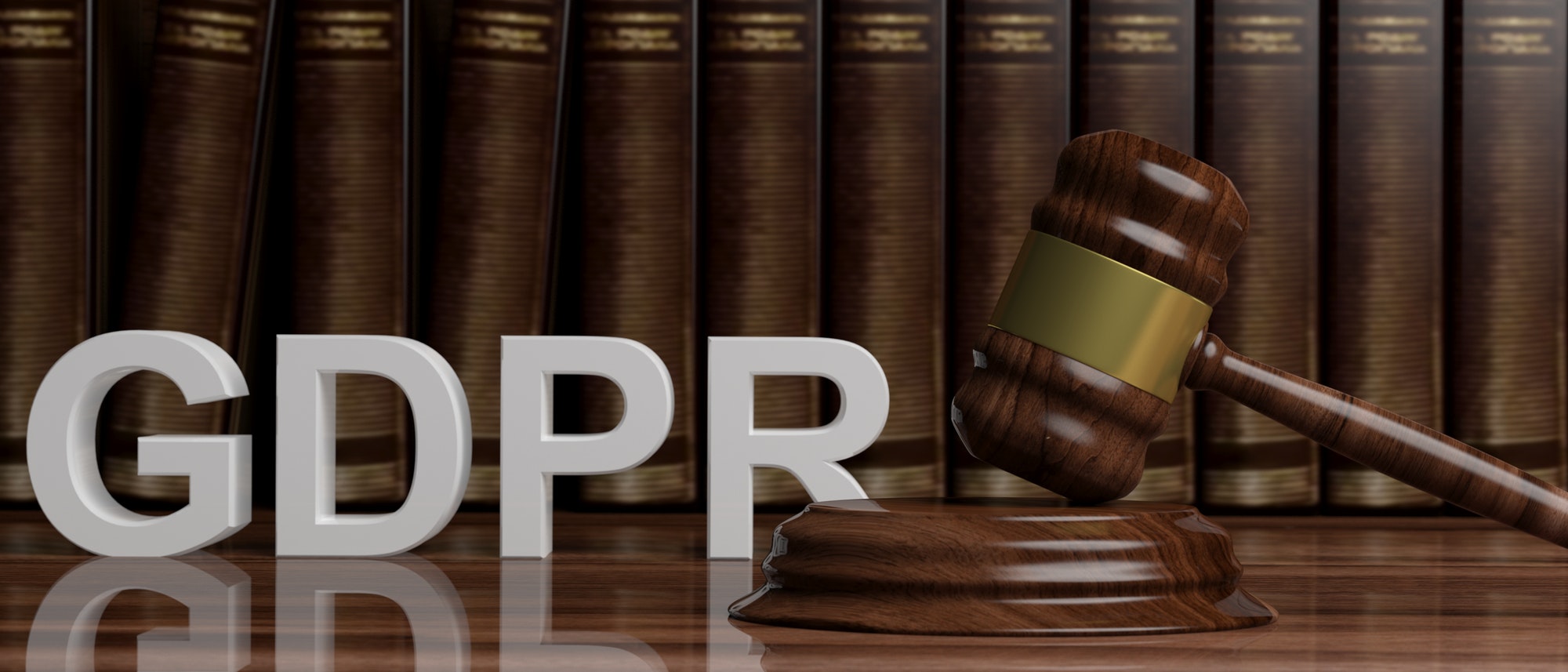Dive into the EU’s groundbreaking artificial intelligence laws. Learn how they’re changing the AI world, focusing on innovation, following rules, and ethical AI use.

What’s the EU AI Act All About?
The EU’s New Rules for AI
The European Union (EU) is changing the game in artificial intelligence (AI) with its new AI Act. Led by EU Commissioner Thierry Breton, this law is a big deal in controlling AI. It sets strict rules and aims to make EU companies and researchers big players in AI globally.
The Two Main Parts of the AI Act
The EU AI Act has a two-part strategy for managing AI. First, it sets rules for general AI tools, like ChatGPT, to be clear about what they do. Second, it has tougher rules for AI that can have a big impact on society. This plan tries to make sure AI is developed ethically without making it too hard for companies.
Important Parts of the EU’s AI Laws
Rules on Facial Recognition and Social Scoring
The EU’s AI laws are strict about facial recognition. They only let law enforcement use it in specific cases. The laws also ban AI that scores people socially or tries to control their behavior. This protects individual rights and promotes ethical AI.
Stopping AI from Taking Advantage of People
The laws are tough on AI that could exploit people because of their age, disability, or money situation. This helps ensure AI is used for good, not harm or discrimination.
Big Fines for Breaking the Rules
Companies that don’t follow these new AI rules could be fined a lot – up to €35 million or 7% of their global income. This shows how serious the EU is about responsible AI use.

The Wider Effects of the EU’s AI Laws
What the Tech Industry Thinks
Tech companies have mixed feelings about these new laws. Some think they’re needed for responsible AI, but others, like Cecilia Bonefeld-Dahl from DigitalEurope, worry that focusing too much on following these rules could slow down innovation.
The EU’s Role in Global AI
The EU’s approach to AI rules is a big deal worldwide. It sets a high standard and pushes other countries and tech companies to think about ethics and society in AI development. It also starts discussions on how to balance innovation with rules.
The UK’s AI Safety Meeting
The UK recently hosted an AI safety meeting with different countries and big tech names like Sam Altman from OpenAI. This shows a growing global effort to deal with AI’s big risks, similar to what the EU is doing. It’s about working together to manage AI globally.
This easy-to-understand guide to the EU’s new AI laws shows how they’re aiming for responsible and ethical AI development. As AI keeps growing, these rules will be key in shaping its future, making sure it’s innovative but also ethical and good for society.

FAQs: Understanding the EU’s New AI Rules
Q1: What is the EU AI Act?
A1: The EU AI Act is a set of laws created by the European Union to manage artificial intelligence (AI). It sets rules for how AI should be used, focusing on ethical development and preventing misuse.
Q2: Why did the EU introduce these AI laws?
A2: The EU introduced these laws to ensure AI is used in a way that’s safe, ethical, and respects people’s rights. They want to prevent AI from being used in harmful ways and ensure it benefits society.
Q3: What are the two main parts of the AI Act?
A3: The AI Act has two key parts:
- Setting transparency rules for general AI tools like ChatGPT.
- Imposing stricter rules for AI that can significantly impact society.
Q4: How does the AI Act control facial recognition?
A4: The AI Act strictly controls facial recognition. It’s mostly allowed only for law enforcement in specific situations. The aim is to protect privacy and prevent misuse.
Q5: What is social scoring, and does the AI Act address it?
A5: Social scoring is when AI is used to rate people based on their behavior or characteristics. The AI Act bans this practice to protect individual freedoms and prevent discrimination.
Q6: What are the penalties for not following the AI Act?
A6: Companies that don’t comply with the AI Act can face heavy fines – up to €35 million or 7% of their global revenue. This shows how serious the EU is about enforcing these rules.
Q7: How have tech companies reacted to the AI Act?
A7: The reaction is mixed. Some tech companies agree with the need for these rules, while others are concerned that they might slow down innovation.
Q8: Does the AI Act affect AI development globally?
A8: Yes, the EU’s AI Act sets a high standard for ethical AI development, influencing how other countries and companies approach AI globally.
Q9: What was the UK’s AI Safety Summit about?
A9: The UK’s AI Safety Summit was a meeting of different countries and tech leaders to discuss the risks of AI and how to manage them safely. It shows a global effort to handle AI responsibly, similar to the EU’s approach.
Q10: Will these AI laws slow down AI innovation?
A10: There’s a debate about this. Some think the laws might slow innovation by focusing too much on compliance, while others believe they will guide more responsible and sustainable AI development.
Sources Financial Times


